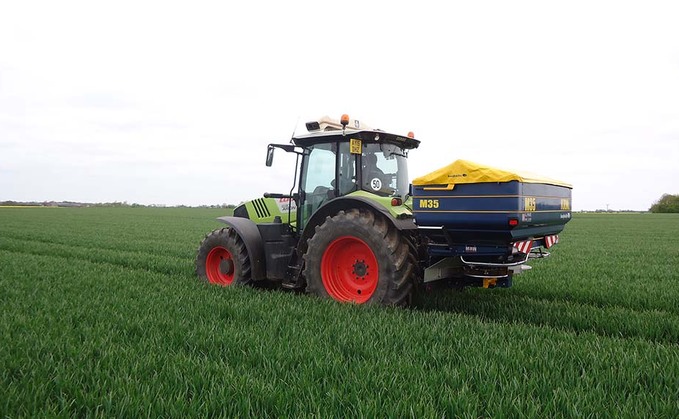
Farmers and governments in the G20 spent 19 billion more on key fertiliser imports in 2021 and 2022, while the world’s biggest fertiliser companies are expected to make almost 73 billion profit over the...

Farmers and governments in the G20 spent 19 billion more on key fertiliser imports in 2021 and 2022, while the world’s biggest fertiliser companies are expected to make almost 73 billion profit over the...